It has been resolved for several years the benefit of antivirus programs on computers. The same software gradually moved to mobile operating systems, when, for example, Symbian OS already offered ESET Mobile Security and a number of other alternatives. An interesting question therefore arises. Do we need antivirus on the iPhone as well, or is iOS really as secure as Apple likes to say it is? This is exactly what we are going to shed light on together now.
It could be interest you
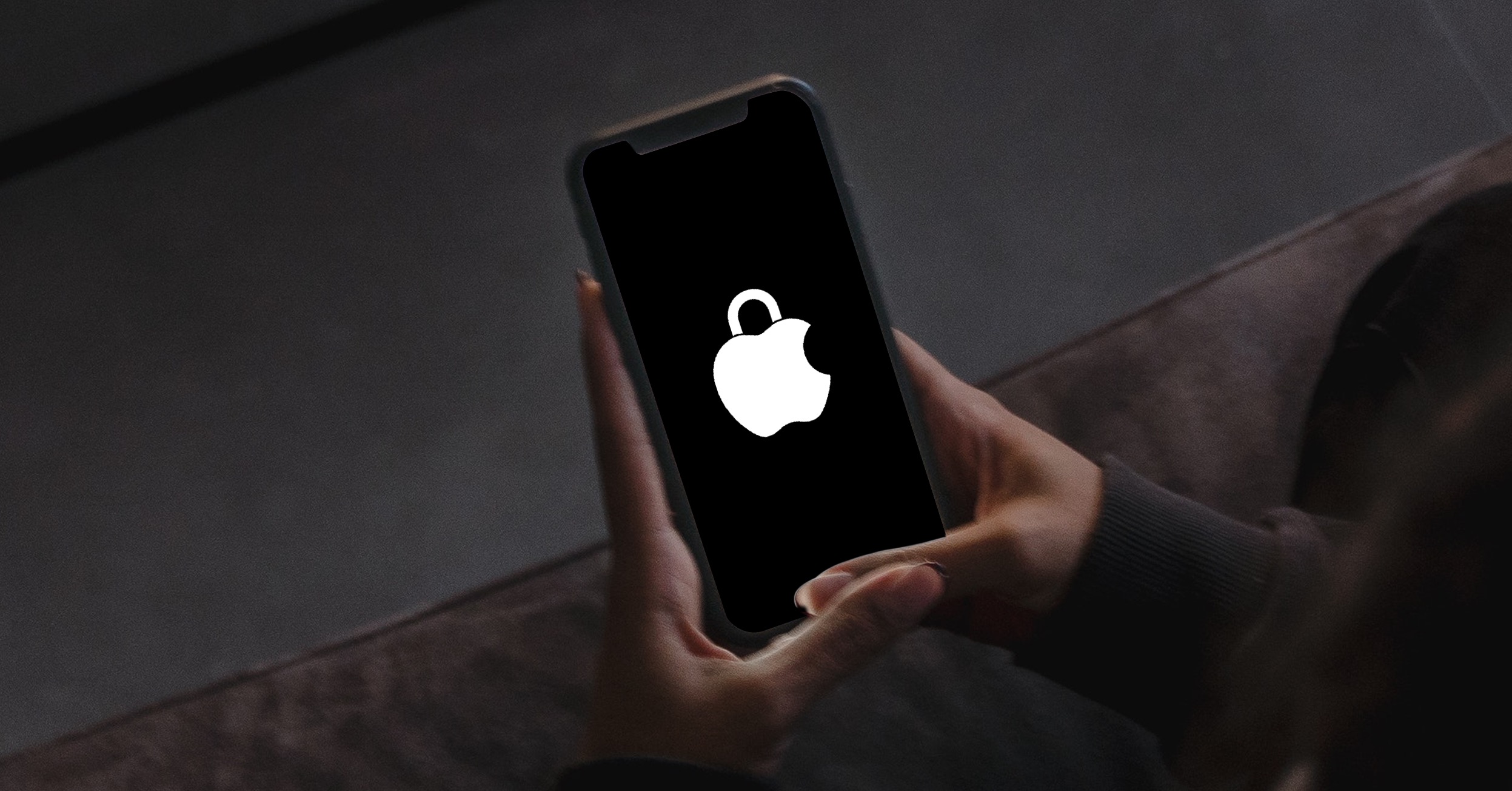
Starring: Sideloading
As mentioned above, Apple often prides itself on the security of its operating systems, with iOS/iPadOS in the forefront. These systems rely on one fundamental feature, which gives them a significant advantage in terms of security, for example compared to competing Android from Google, as well as Windows or macOS. iOS does not support sideloading. In the end, this means that we can only install individual applications from verified sources, which in this case refers to the official App Store. So, if an app is not in the Apple store, or if it is charged for and we would like to install a pirated copy, then we are simply out of luck. The whole system is generally closed and simply does not allow something similar.
Thanks to this, it is almost completely impossible to attack the device through an infected application. Unfortunately, this is not the case in 100% of cases. Although individual programs in the App Store must go through verification and a considerable amount of control, it can still happen that something slips through Apple's fingers. But these cases are extremely rare and it can be said that they practically do not happen. We can therefore completely rule out application attacks. Although Apple faces considerable criticism from competing giants for the absence of sideloading, on the other hand, it is an interesting way of strengthening overall security. From this point of view, an antivirus does not even make sense, since one of its main tasks is to check downloaded files and applications.
It could be interest you
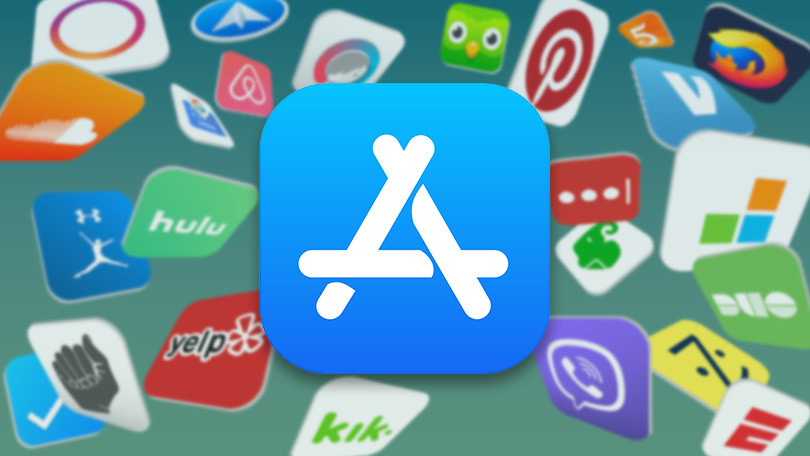
Security cracks in the system
But no operating system is unbreakable, which of course also applies to iOS/iPadOS. In short, there will always be mistakes. Systems in general may thus contain minor to critical security holes that give attackers the opportunity to attack more than one device. After all, for that reason, practically every technology giant recommends it maintain the current version of the software, and therefore regularly update the system. Of course, the Apple company can catch and correct individual errors in time, the same is true of Google or Microsoft. But the problem arises when users do not update their devices. In that case, they continue to work with a "leaky" system.

Does iPhone need antivirus?
Whether you need an antivirus or not is beside the point. When you look in the App Store, you won't find twice as many variants. The available software can "only" provide you with safer Internet browsing when it provides you with a VPN service - but only if you pay for it. iPhones simply do not need an antivirus. Just enough update iOS regularly and use common sense when browsing the Internet.
But to make matters worse, Apple is insured against potential problems with another feature. The iOS system is designed so that each application runs in its own environment, which is called a sandbox. In this case, the app is completely separated from the rest of the system, which is why it cannot communicate, for example, with other programs or "leave" its environment. So, if you did come across malware that, in principle, tries to infect as many devices as possible, it would theoretically have nowhere to go, as it would run in a completely closed environment.
It could be interest you
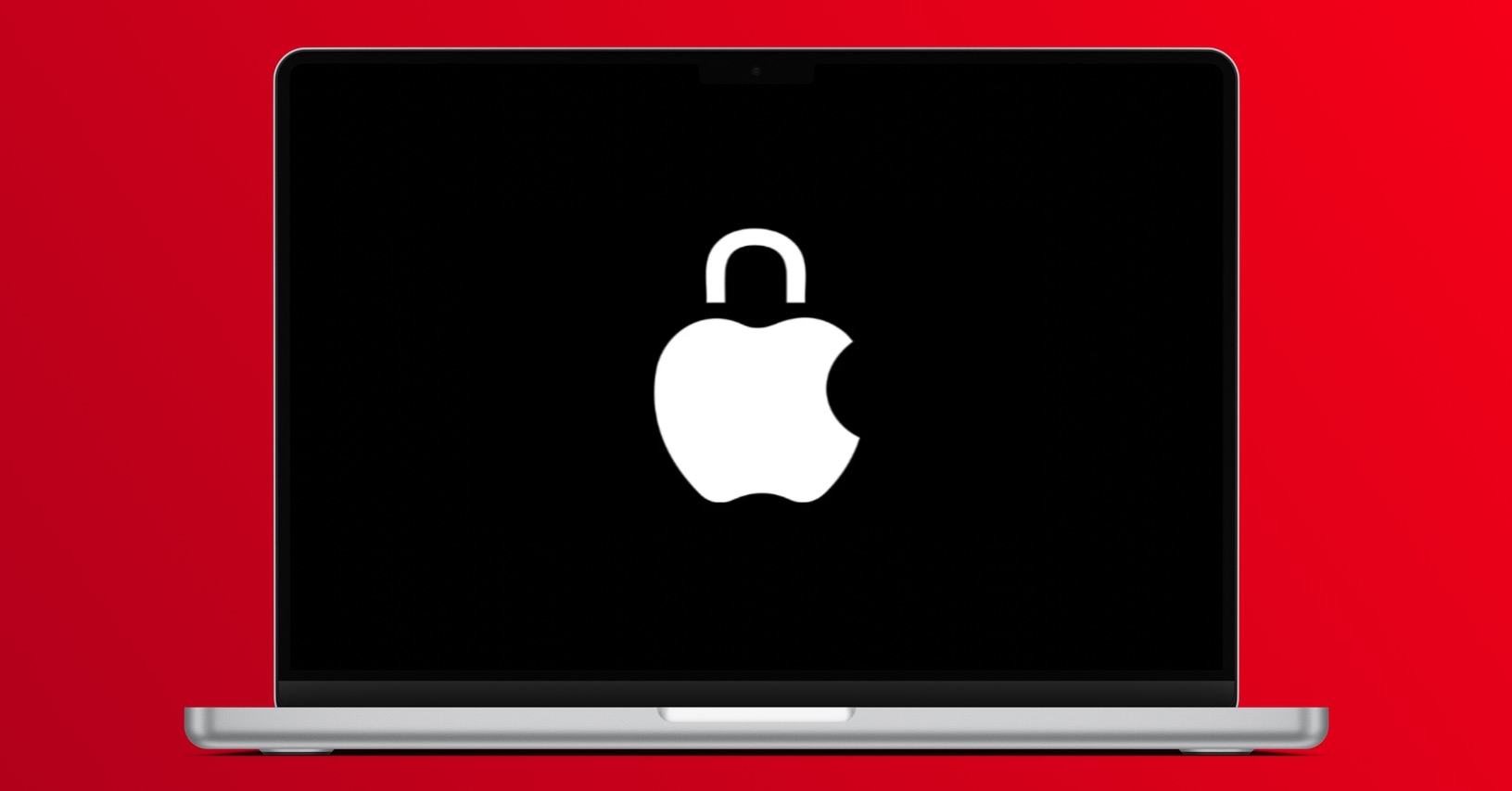
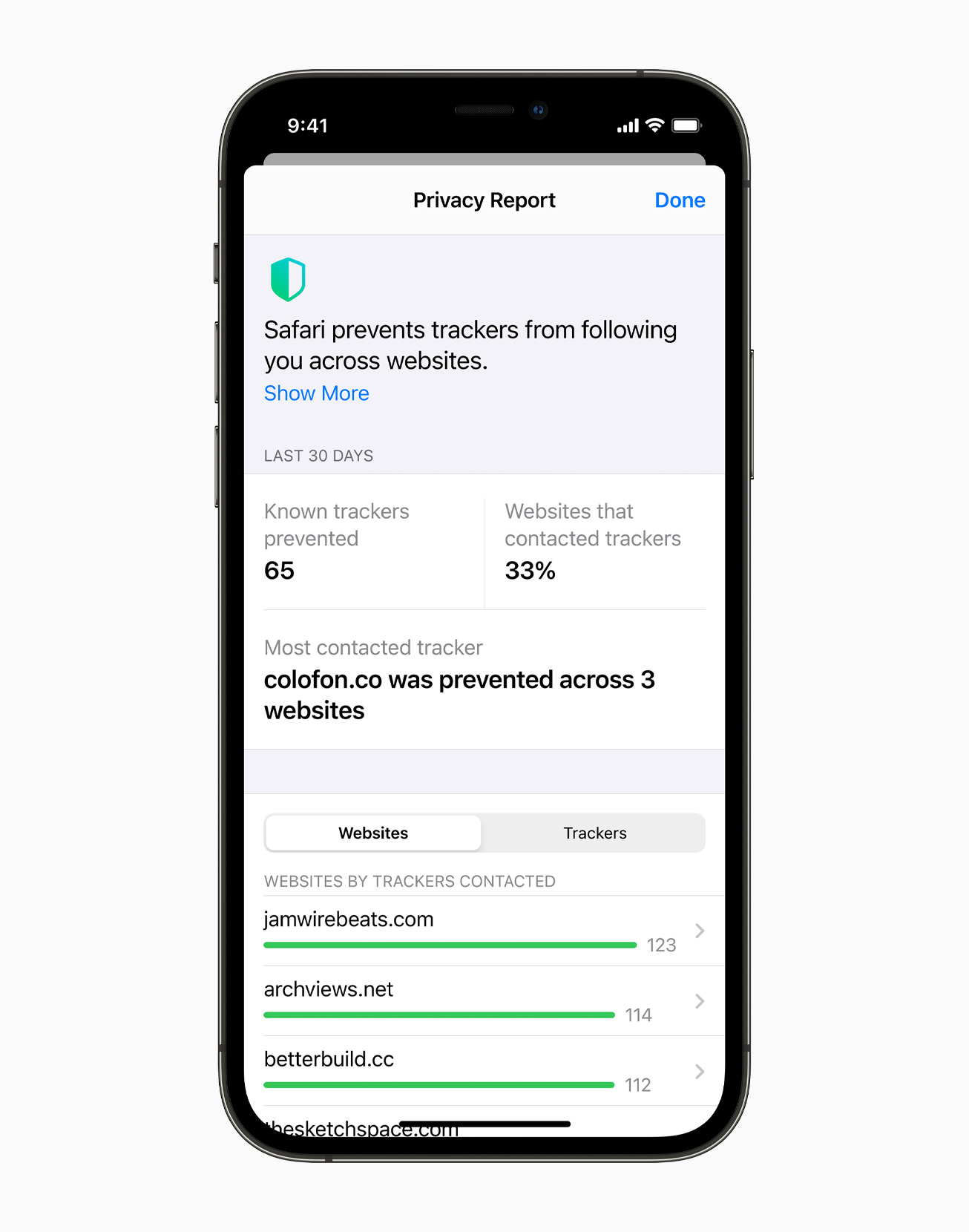
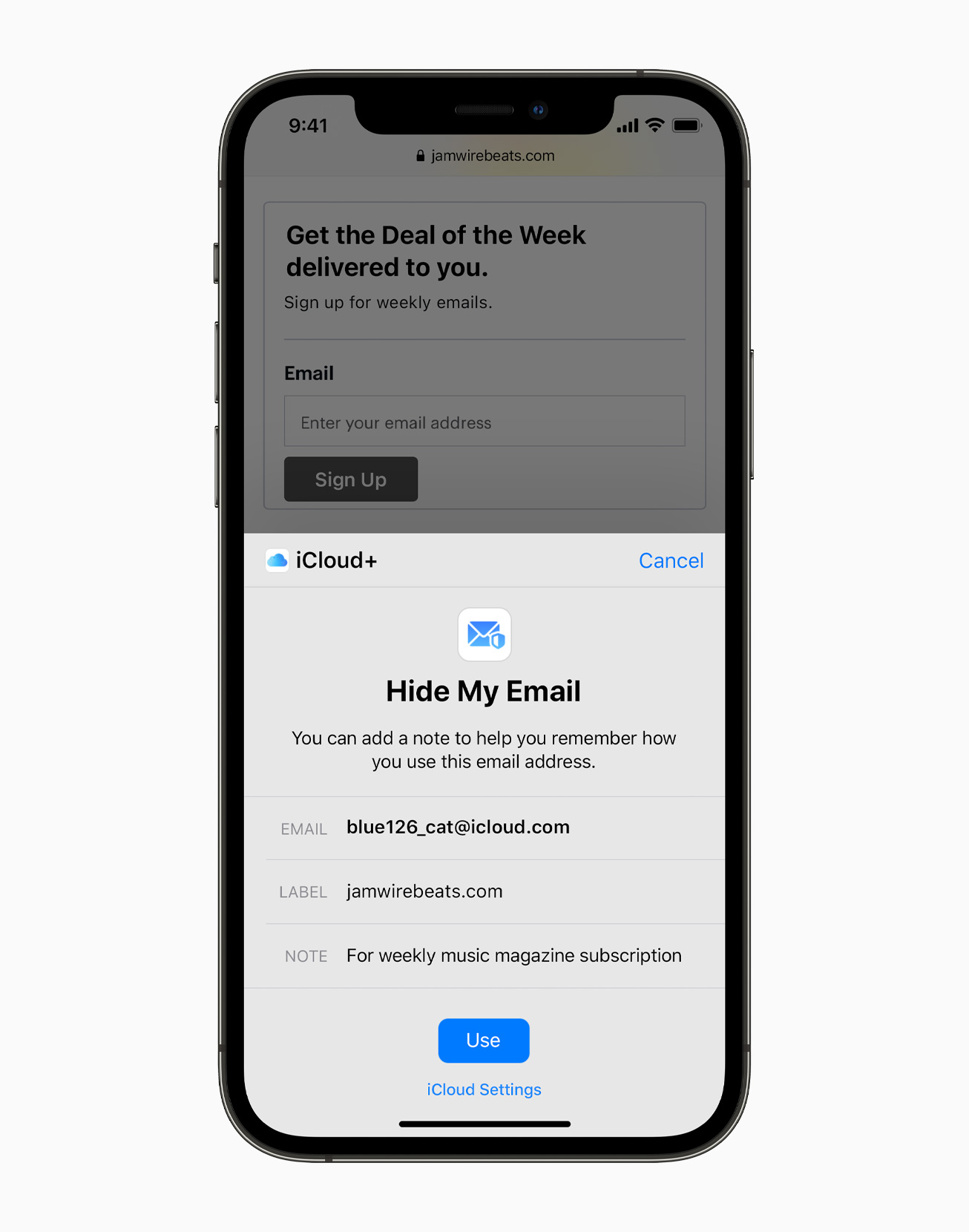
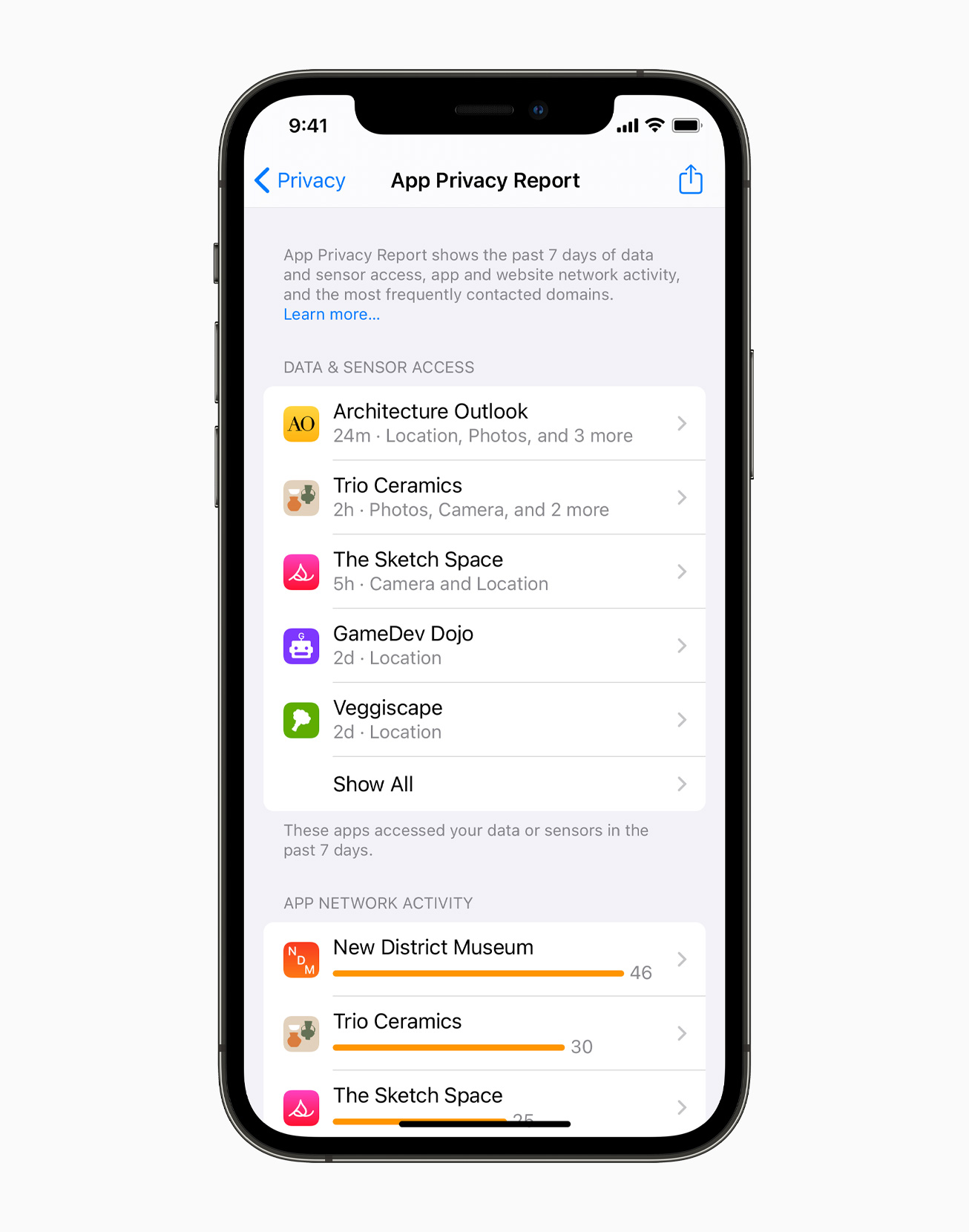
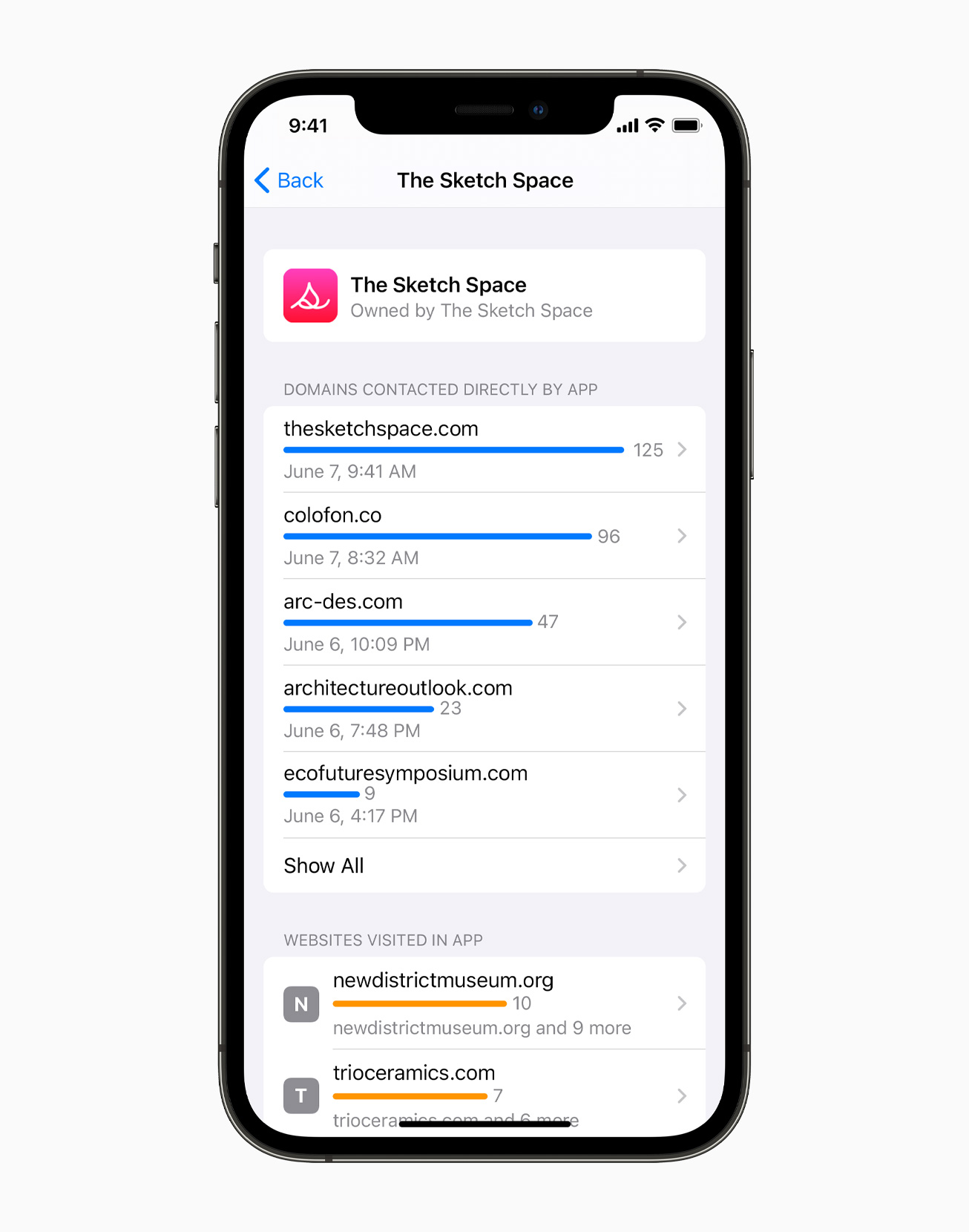
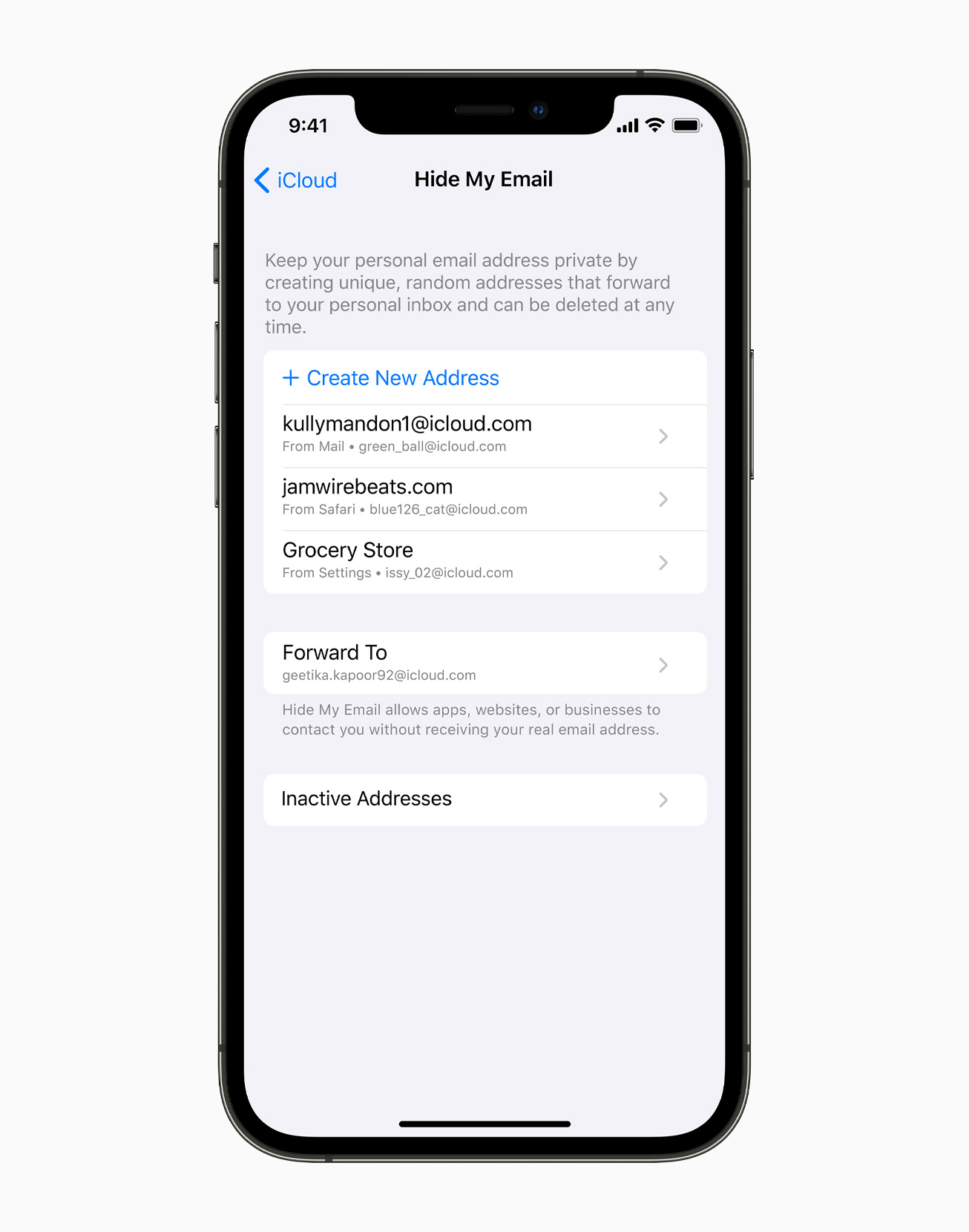
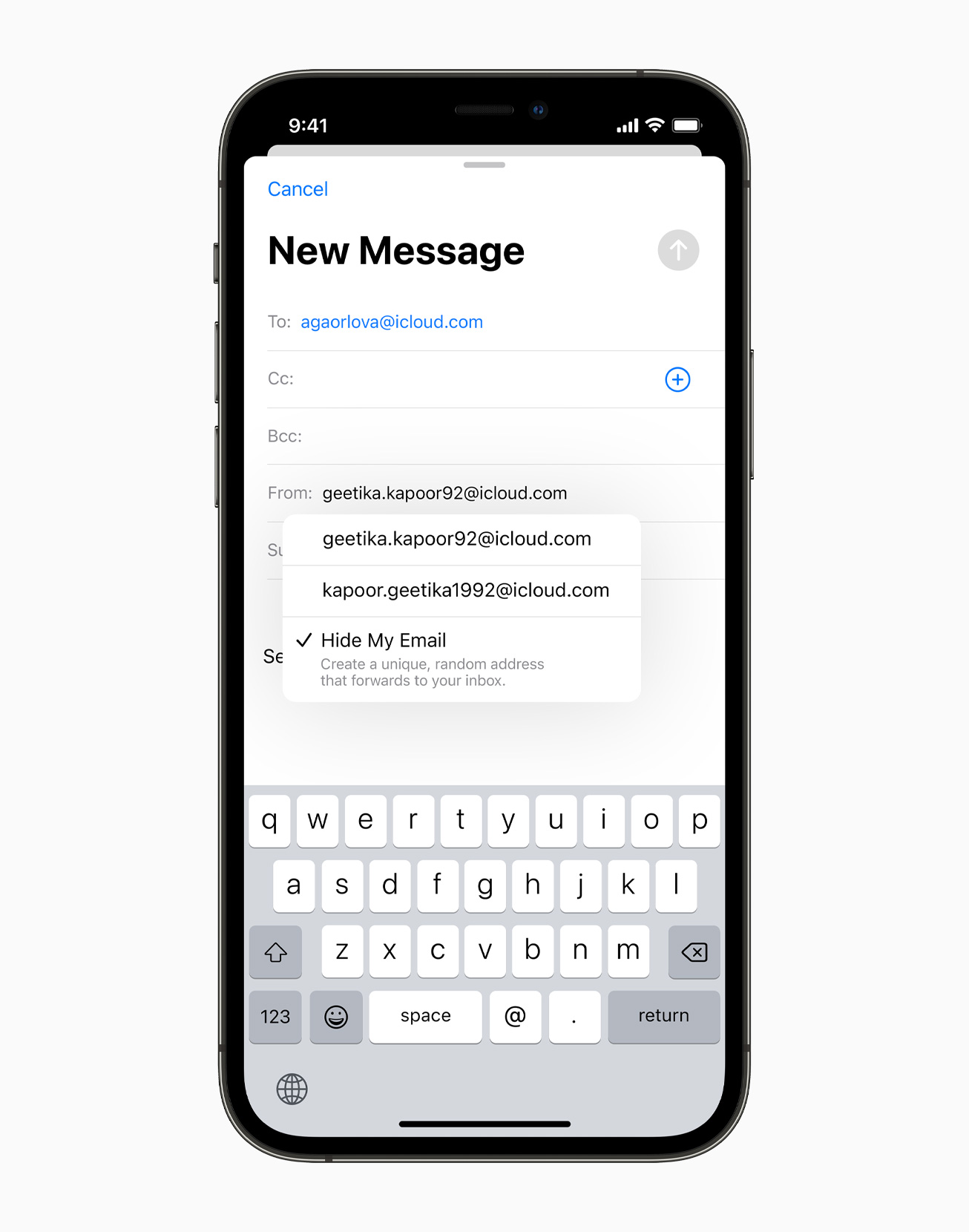
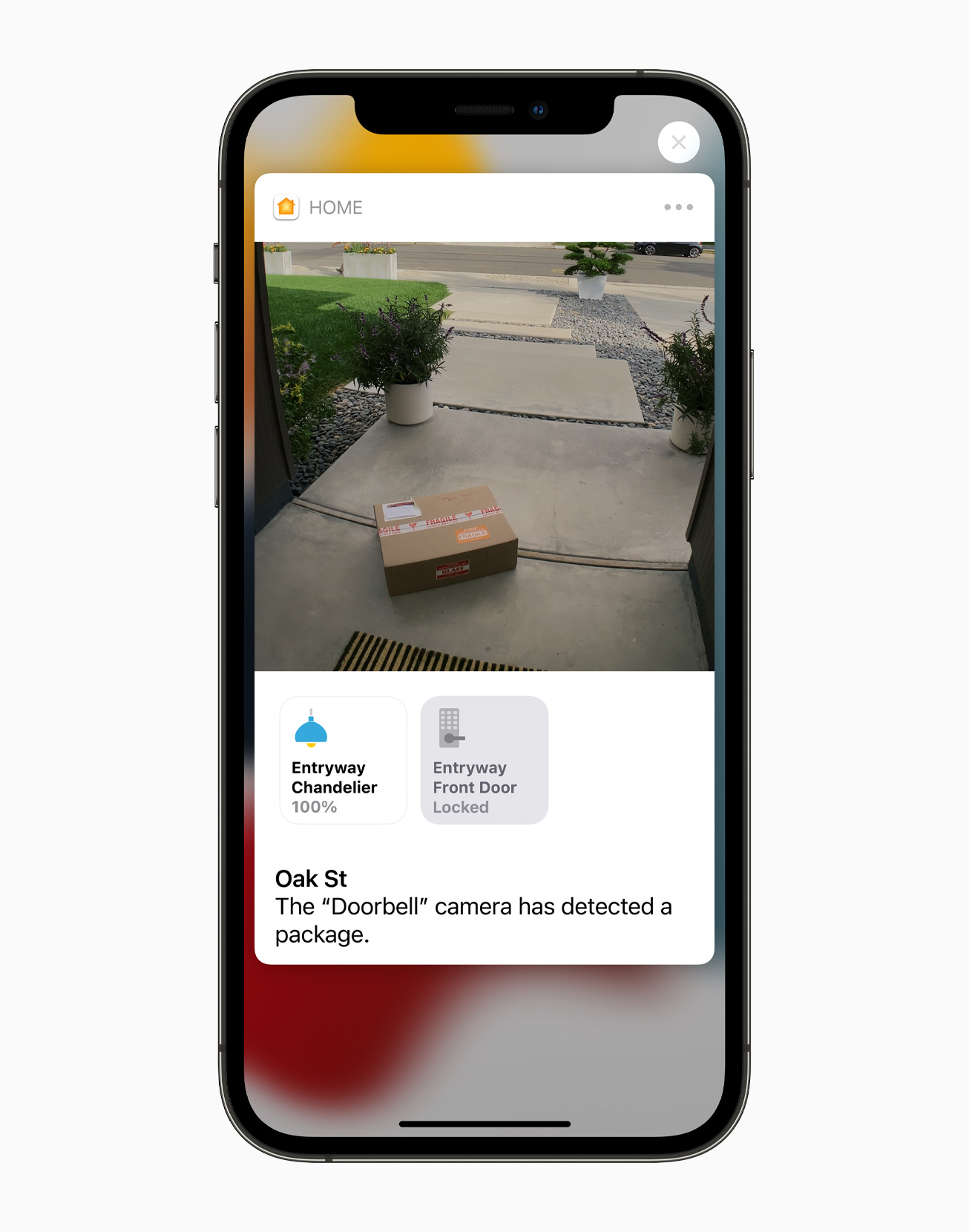
I'm an iOS developer and I can confirm that antivirus on iOS or iPadOS is rubbish. Why? Thanks to the sandbox. Each application has its own dedicated space and cannot go outside of it. So any antivirus would protect itself as much as possible, because it would live and work only in its own sandbox :)